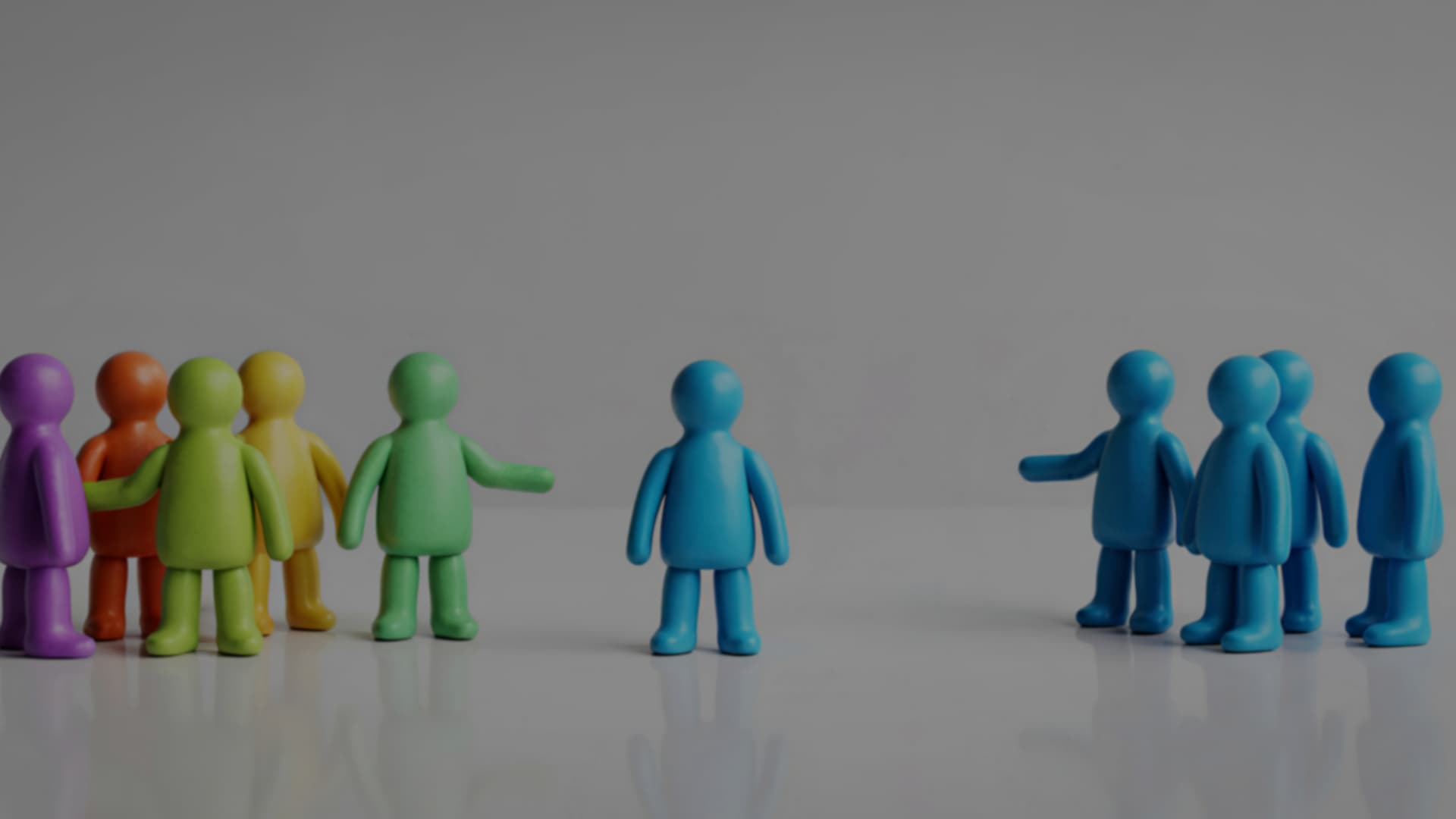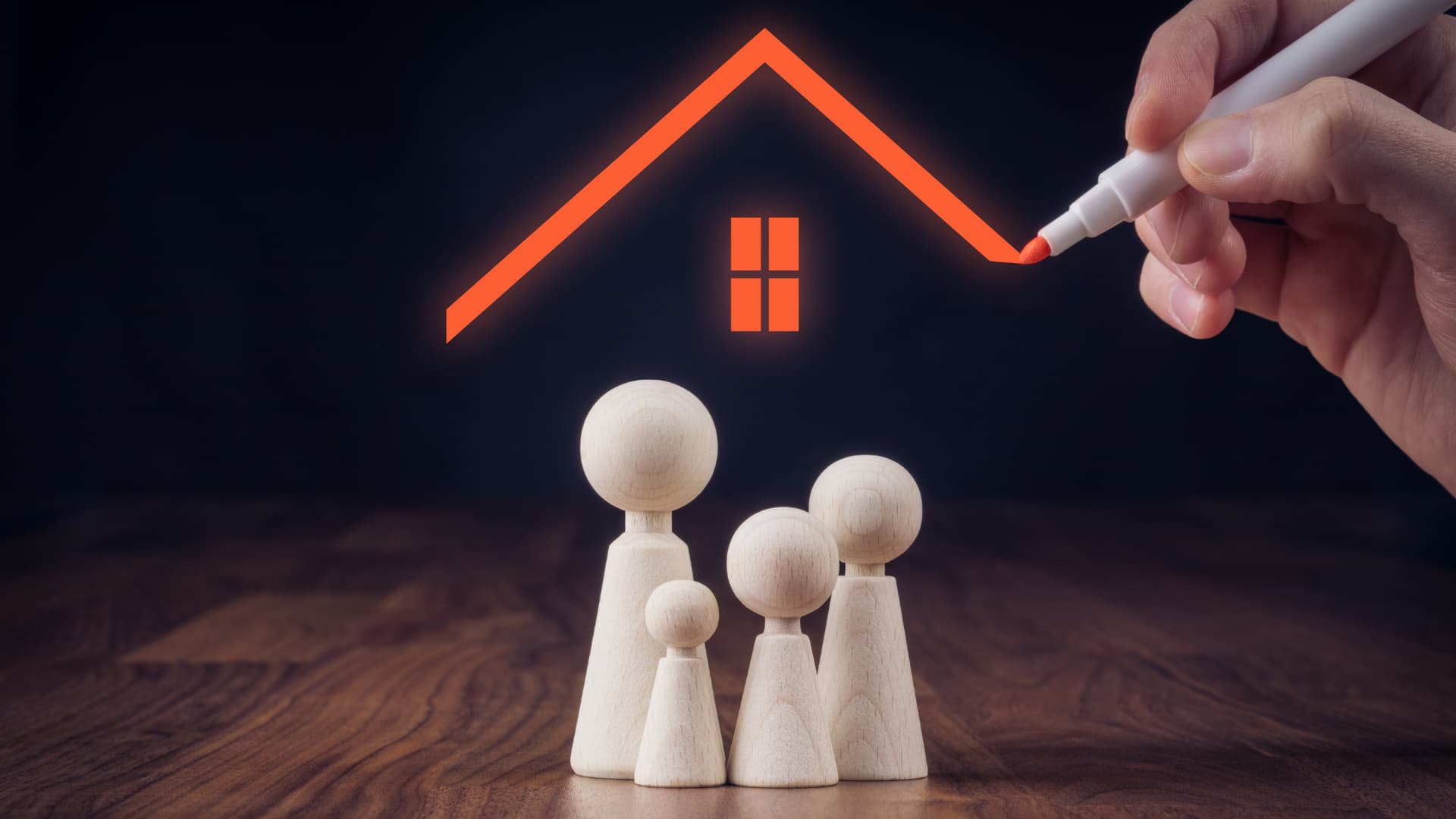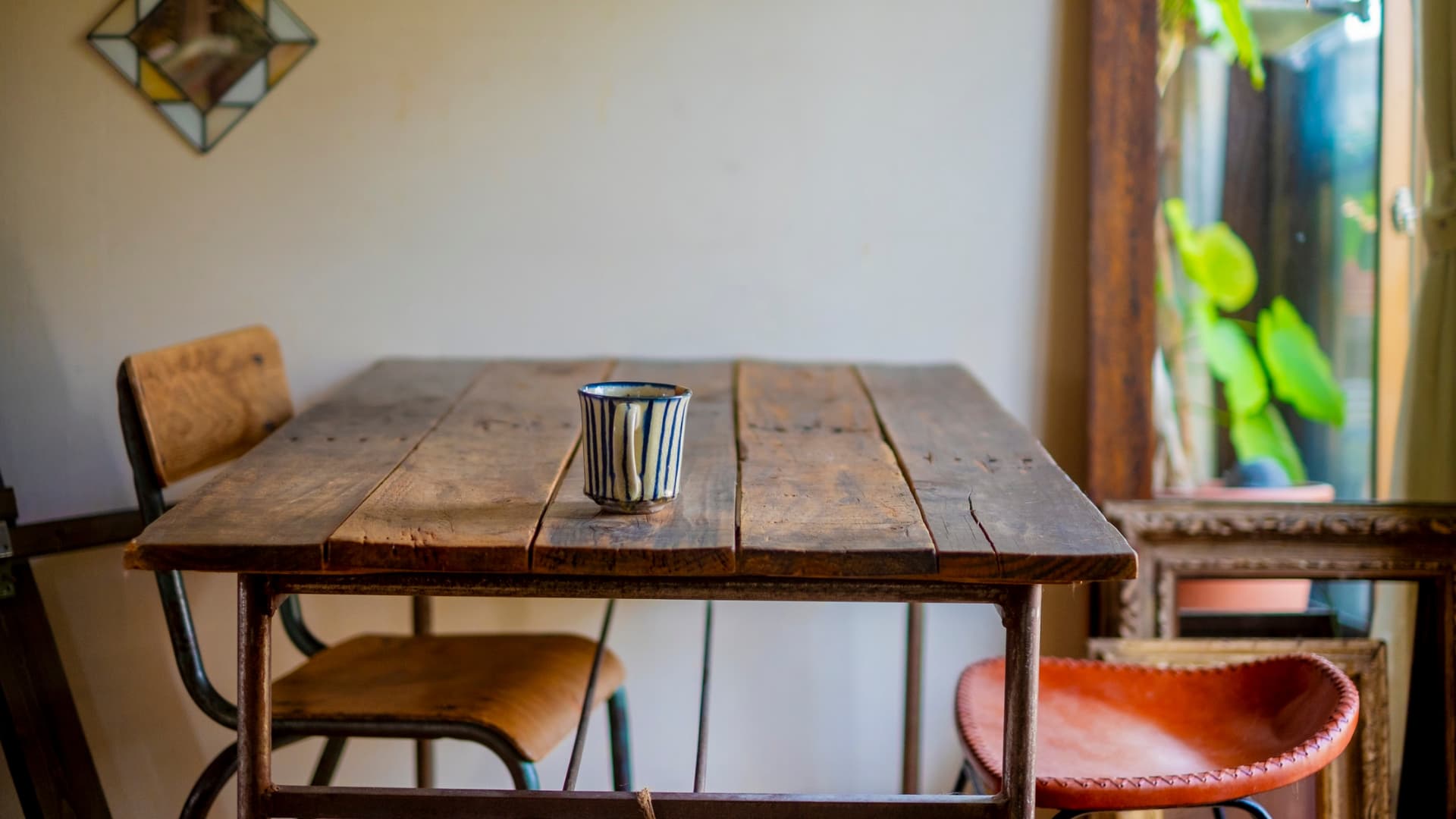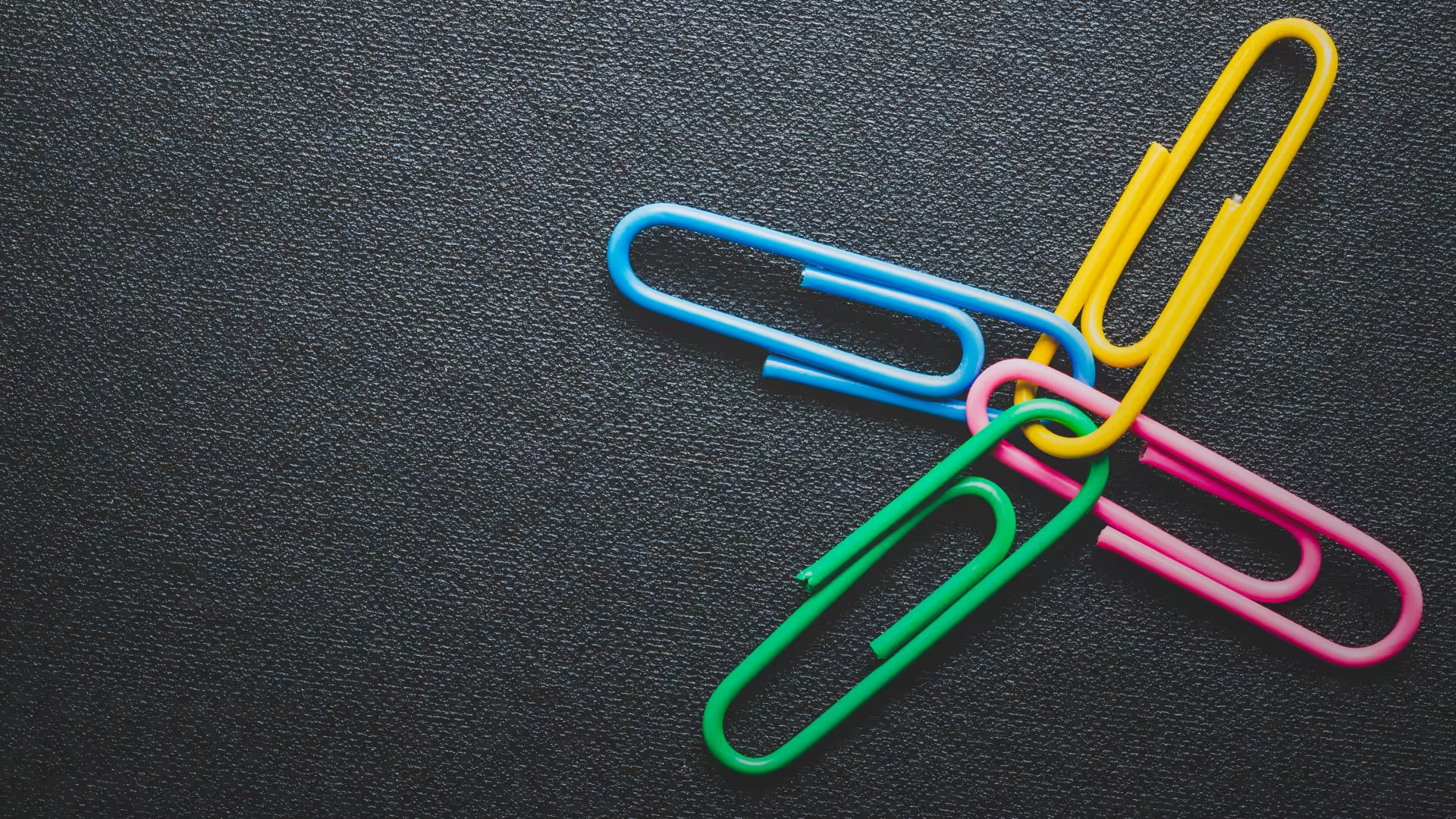COVID-19 numbers are spiking again, an ugly election season has left us all tired and irritable, and the summer sun has disappeared and decided to quarantine like the rest of us. With all of the mess that surrounds us, it’s rare to find a person who isn’t anxious, depressed, or just feeling very blah. As someone who suffers from depression and anxiety, I’ve felt the weight of discouragement during this time. But there are some steps we can take to get us through. I’ve made a list of 12 reminders that help me when life tries to knock me down, and perhaps they can help you too.
1) Get moving
I get my workouts in at 6:30 AM so they're done for the day. Sweating and burning calories is a great way to knock out some anxiety and release endorphins. Even if you don't want to, you need to. Even if you can find every excuse not to, you need to. This is the easiest item to put off or overlook, but one of the most important to do. Just don't do it too close to bedtime or you might have trouble sleeping.
2) Get outside
I take two 15-minute walks each day to enjoy the sunshine (when it's there) and to breathe the fresh, fall air. No headphones, no music, no podcasts, no phone. I simply walk and enjoy the silence. It's also another way to burn calories. (And if you don't get outside, I'd strongly recommend taking a high-quality Vitamin D supplement, as well as Fish Oil. I use Labdoor.com to make sure I’m getting a quality supplement.)
3) Drink plenty of water
In a world that sells high-priced shakes and "miracle supplements," you won't find anything better than H20. But few people drink as much as they need, and others assume their soft drinks or mocha lattes count toward their total ounces. Put down the sugary drinks. Put down the artificially sweetened drinks. Drink your water, and then drink more. Try to drink at least half an ounce or an ounce for each pound you weigh. Also, limit your caffeine. Coffee is fine, but you don’t need to drink eight cups each day.
4) Eat right
There are studies that link poor eating and gut health to anxiety and depression. Fast food tastes good, but it can damage you physically and emotionally. Trust me, I still enjoy the occasional donut and pizza, but your eating should be marked more by leafy greens, quality sources of protein, fresh fruit, and foods that aren't processed. “Added sugar” tastes great, but it’s addictive and messing with your body in more ways than you can see. Moderation is the key in everything. Eat a well-balanced diet. Avoid fad diets, as many of those will help you lose weight fast, but they’ll also slow your metabolism and can even cause issues with your hormones. (Tip: If you drink protein shakes, add baby spinach and frozen riced cauliflower to your blender. You can’t taste them once they’re blended!)
5) Sleep
We commonly hear that the average person needs 7-8 hours of sleep. For the longest time I thought that meant I just needed to be in bed for 7-8 hours. However, once I got a tracker to track my sleep, I realized that while I was in bed for 7+ hours, I was only getting about 6 hours of sleep, which wasn't enough. Adjusting for that has made a huge difference. Put down the phone, turn off the TV, and drift off to dreamland. Having a cool bedroom, white noise from a machine or fan, and complete darkness will help you sleep better.
6) Laugh
Do something every day that will make you laugh and smile. Watch a favorite show. Read a funny BuzzFeed list. Send a meme to a friend. My personal favorite: falling asleep listening to stand-up comedy. Don’t take yourself too seriously. Enjoy the fun and funny moments in life.
7) Pray
On many mental health lists, you’ll see people list prayer and meditation as one in the same. In some ways, that’s understandable. As Christians, we know the importance of spending time in prayer and meditating on the Word of God. But this is in stark contrast to the type of meditation that promotes the emptying of the mind, or that self-help gurus will promote when talking about “self-love” and “self-care.” Prayer works. Prayer makes a difference. Remember that when you are praying, you are literally communicating with the King and Creator of the universe. He wants to hear about your problems. He can do something about your problems. This is not about learning to love yourself. This is about learning that our Sovereign God loves you and cares about your mental and emotional well-being. Talk to Him. Listen to Him. Let Him work through you for His glory, even when you’re at your weakest. When we are weak, He is still strong.
8) Talk to someone
As an introvert working from home, it's so easy to isolate myself from the world. But that's not healthy. Whether it's chatting with a friend, playing video games with a spouse, FaceTiming with your family, etc., find a way to interact with others on a daily basis. Also, make sure you have a trusted confidant you can talk to if you feel yourself getting really down and depressed. A lot of counselors and therapists are now available via computer if you need to talk to someone but can’t leave your home. Don’t live on an island.
9) Ignore most of social media and the news
This one is self-explanatory.
10) Practice good hygiene
This might sound weird, but when you're at home and the world is gloomy, it's easy to put off showering, shaving, and wearing anything other than pajamas. Act as if everything is normal, even if it isn't. This also includes taking any medication or vitamins your doctor may have prescribed. Sometimes one of the best things we can do is to make an effort even when we just want to stay in bed all day.
11) Know it's okay to not be okay
Oftentimes, we don't feel okay, and then we feel guilty for not being okay, and we've doubled our pain. If you're not feeling perfect, that's perfectly fine. You're not alone. Just make sure you don't suffer alone.
12) Practice gratitude
It’s funny to hear experts call gratitude a trick or hack to easing anxiety, as though this phenomenon was just discovered. I hate to break it to them but Paul was way ahead of this trend and wrote about it in Philippians 4 and 1 Thessalonians 5. When anxiety has a hold of you and you’re feeling low, expressing gratitude will help you in ways you might never expect. Grab a sticky note, journal, or open the Notes app on your phone and write down three reasons to be grateful. These things could be deep or they could be simple (I’m thankful for my family. I’m also thankful I solved last night’s puzzle on Wheel of Fortune before anyone else.). Just make sure you don’t let guilt creep in when doing this. I’ve heard far too many people say, “My life is perfect. I shouldn’t be feeling this way! People have it so much worse than me!” That’s not gratitude. That’s the Devil trying to turn your gratitude into guilt. In addition, find a way to serve someone else. When we serve others, we take the focus off ourselves—even if just for a few minutes—and we put the focus on someone else. This may not cure you of anxiety or depression, but it will help and put you on a better path.
Remember that no matter how far down you feel, you are never alone. Not only have others experienced the same thing (and many are facing it currently), but we serve a Savior who walked among us and was tried and tempted in the same ways we are today. You will get through this. It won’t be easy, but there is hope and a better day is coming.







